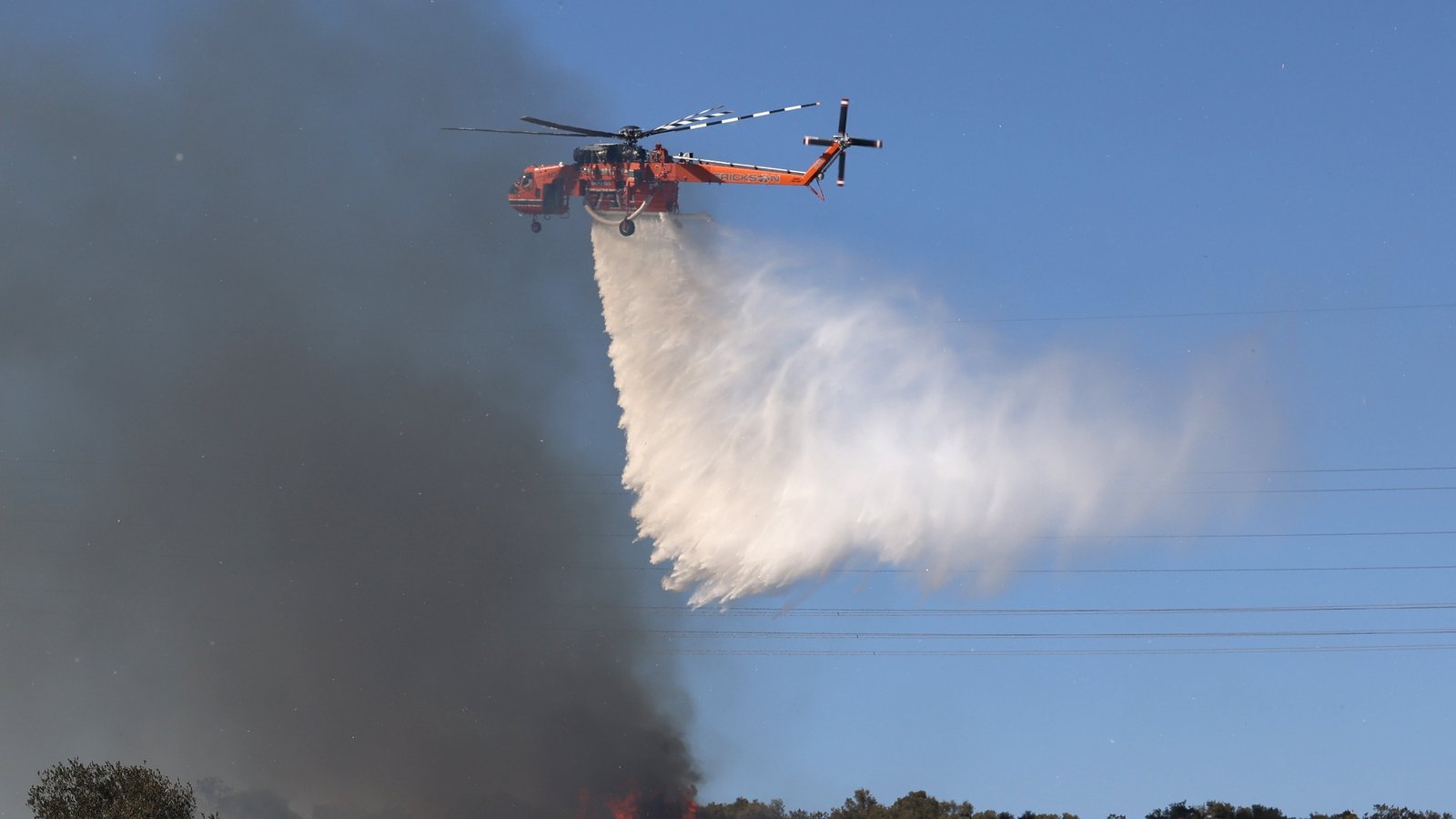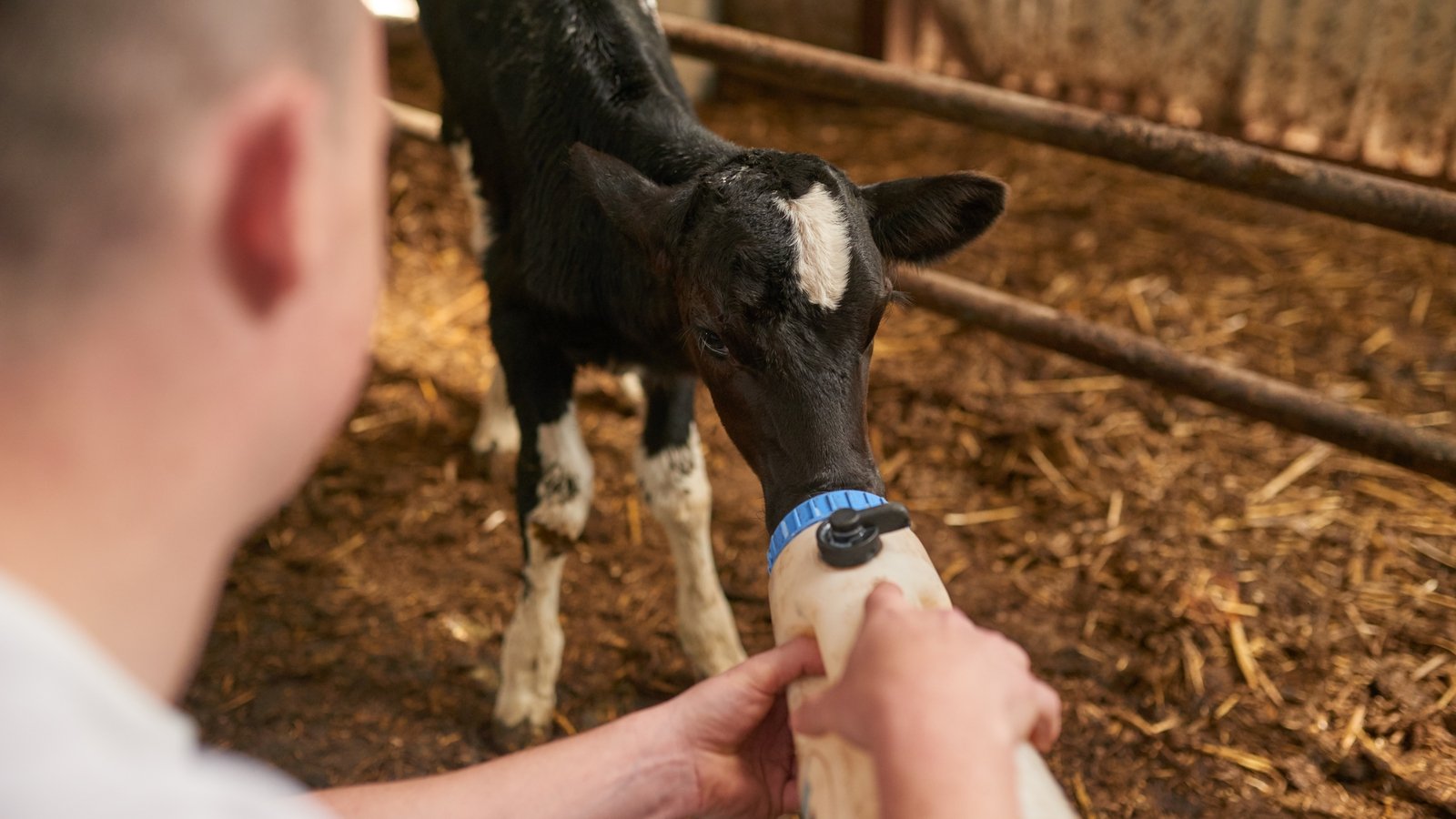Highest percentage of emissions-intensive jobs in Cavan


Cavan has the highest percentage of workers in emissions-intensive sectors according to a new study on green jobs.
The research by the Nevin Economic Research Institute (NERI) shows that Cavan, Clare, Longford, Monaghan and Tipperary all have 30% or higher of their workers in emissions-intensive sectors due to the high proportion of people working in agriculture, forestry and fishing.
The figure in Dublin is 13%.
The study ‘Measuring Green Jobs’ outlines how there are different approaches to defining green jobs.
Based on emissions per job by industry classification, sectors such as financial, human health and education are relatively “green” compared to the rest of the economy.
On the other hand, energy supply, agriculture, and transportation are particularly emissions-intensive.
However, the study explores another approach which looks across the board at green occupations or the time spent on green tasks within the labour market.
According to the NERI research, even deciding on a definition of a green occupation can be contentious leading to several different classifications or approaches that produce very different quantifications of green jobs.
An example of a ‘new and emerging’ green occupation would be a wind energy engineer or solar panel installer.
An ‘enhanced skills’ green occupation could be a construction worker or farmer who has to adapt their working practices to reduce emissions.
An example of an ‘increased demand’ occupation could be industrial production managers or those in welding trades that help to produce or maintain new energy infrastructure.
“While each of these methodologies has their shortcomings, a picture does emerge of economic sectors and occupations that are located in particular regions that require enhanced skills or structural change to meet the needs of a green economy,” said Paul Goldrick-Kelly of NERI.
“In the climate crisis, we need to focus not only on emissions-intensive industries but also look at workers’ skills within them,” Mr Goldrick-Kelly said.
“An ability to properly identify these individuals and assess the best way forward is crucial to understanding our challenges,” he added.




